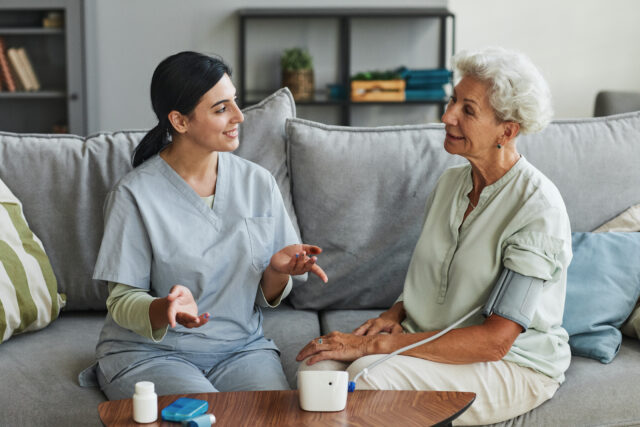
Retirement Researchers to Meet Aug. 5-6
The pandemic will be on the marquee at this year’s annual meeting of retirement and disability researchers.
COVID-19 has encroached on every aspect of older Americans’ lives, from their day-to-day work and home life to their retirement planning. Researchers will present studies on three impacts of the pandemic in presentations funded by the U.S. Social Security Administration.
The event will be held over two days, Thursday and Friday, Aug. 5 and 6, from noon to 4 p.m. The event will be virtual again this year and anyone can sign up to attend for free.
The first study on the agenda will explore the pandemic’s impact on older workers’ ability or willingness to work and on their retirement decisions. And for the adults who lost their jobs during COVID-19’s economic downturn, a second study will explain whether the slump will affect their future Social Security benefits. In the final study relating to the pandemic, researchers will assess whether the relief bills passed by Congress helped older people.
Other prominent topics of discussion include retirement planning and retirees’ financial security. These will include new findings on workers’ decisions about saving, retirees’ decisions about spending, and the financial adjustments couples make after their children leave home.
The final major topic is federal benefits for people with disabilities. The presentations here include the relationship between the benefits and two government programs: food stamps and workers compensation insurance.
Summaries of the working papers will be posted online for the meetings.
The research reported herein was derived in whole or in part from research activities performed pursuant to a grant from the U.S. Social Security Administration (SSA) funded as part of the Retirement and Disability Research Consortium. The opinions and conclusions expressed are solely those of the authors and do not represent the opinions or policy of SSA, any agency of the federal government, or Boston College. Neither the United States Government nor any agency thereof, nor any of their employees, make any warranty, express or implied, or assumes any legal liability or responsibility for the accuracy, completeness, or usefulness of the contents of this report. Reference herein to any specific commercial product, process or service by trade name, trademark, manufacturer, or otherwise does not necessarily constitute or imply endorsement, recommendation or favoring by the United States Government or any agency thereof.






